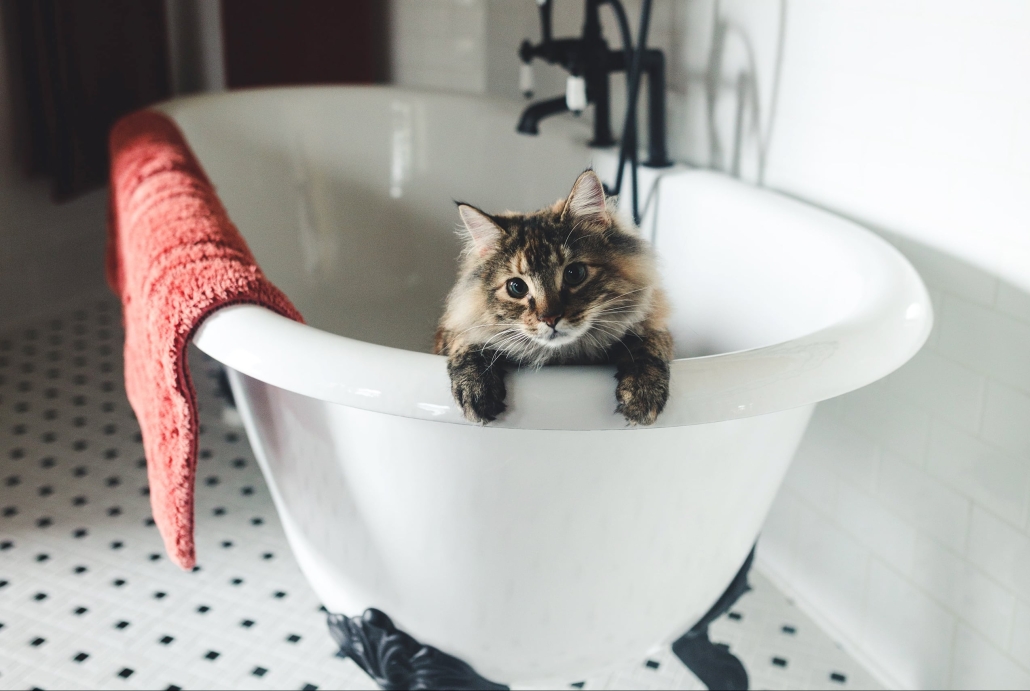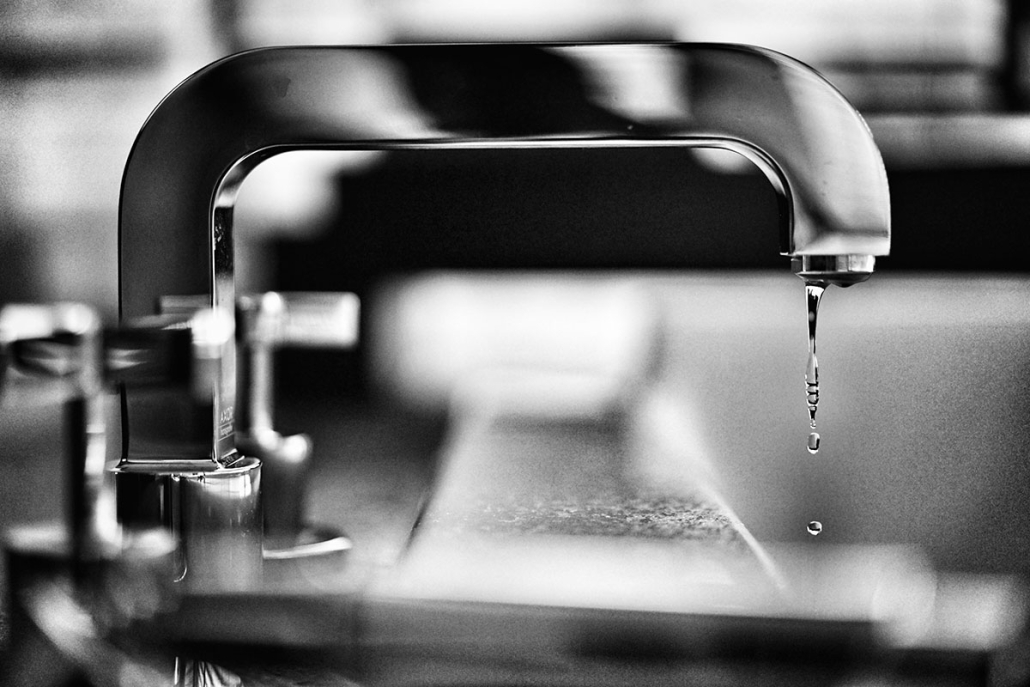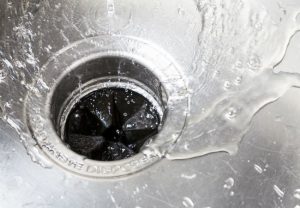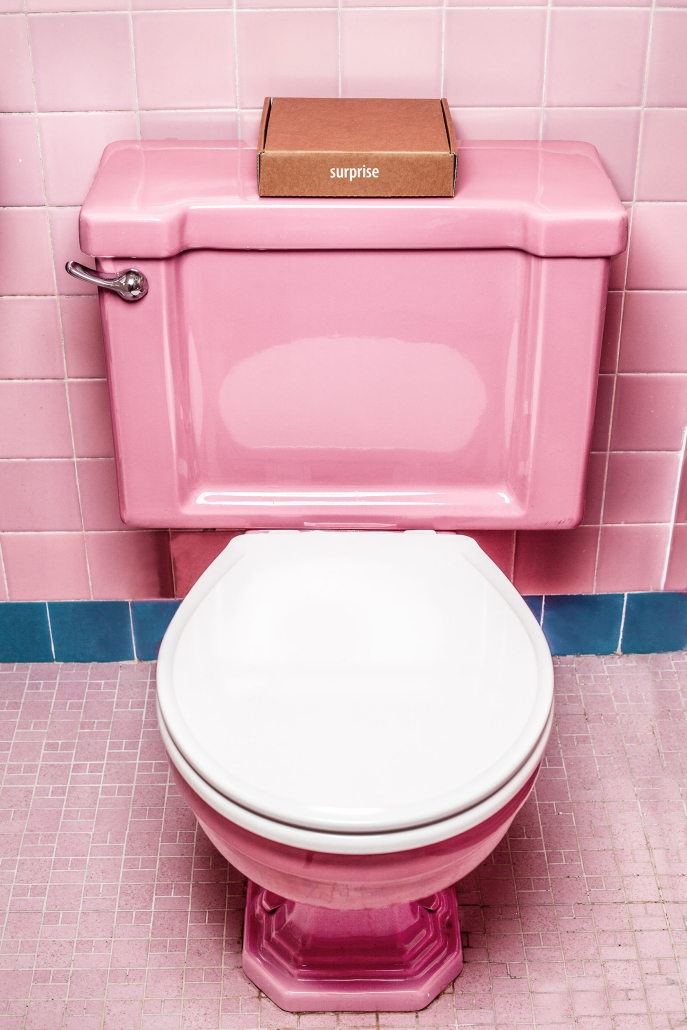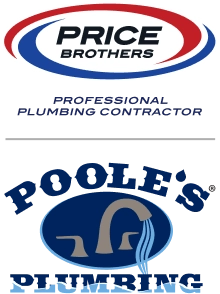Why Spring Maintenance for Your Plumbing System is Essential
Plumbing System Maintenance. Many of us focus on spring cleaning and home improvement tasks when warmer weather rolls in. But the one item that often gets overlooked? Your plumbing system. Like any other part of your home, your plumbing needs regular maintenance to keep it functioning efficiently. Spring is the perfect time to perform a system check-up to address any issues that may have developed over the winter.
Neglecting your plumbing maintenance may lead to costly repairs, water damage, or even plumbing emergencies, but with a simple seasonal check-up, you can set your system up for success. Here's why spring is the best time for a plumbing inspection and what key areas to focus on.
Winter's Impact on Your Plumbing
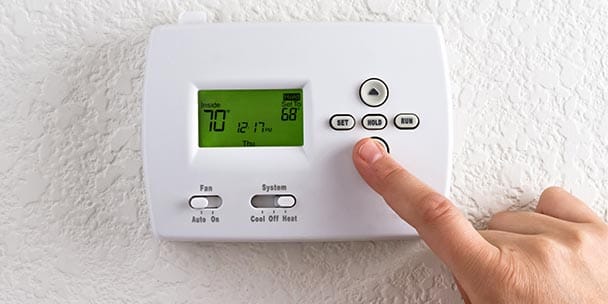
Winter may be harsh on your plumbing system. Cold temperatures and fluctuating weather conditions can lead to significant stress on pipes, fixtures, and drainage systems. Here are some winter-related plumbing problems that might show up in spring:
- Frozen Pipes: If pipes partially freeze during the winter, they may become stressed or even develop small cracks that can worsen over time.
- Outdoor Spigots and Hoses: Freezing temperatures can damage outdoor faucets and hoses. Left unchecked, these can cause leaks that impact your water bill and create water waste. (What is a frostproof spigot?)
- Sump Pumps: Many sump pumps work overtime during the winter to handle melting snow. By spring, their performance may be compromised, putting your basement at risk of flooding.
A routine plumbing inspection as part of your spring maintenance plan can identify these issues early.
The Benefits of Spring Plumbing Maintenance
Taking the time to assess and maintain your plumbing system in the spring offers several benefits beyond the peace of mind that comes with a functioning system.
Prevent Costly Repairs
If ignored, small leaks and cracks may quickly turn into big problems. Spring maintenance helps catch minor issues before they become expensive, disruptive repairs.
Save Money on Utility Bills
Unchecked leaks or inefficiencies in your system mean higher water bills. A properly maintained plumbing system conserves water, saving you money each month.
Promote the Longevity of Fixtures
Regular upkeep ensures that fixtures like faucets, showerheads, and water heaters perform better and last longer, saving you from premature replacements.
Be Prepared for Spring and Summer Activities
Spring and summer often mean more demand for your plumbing system, whether watering your garden, hosting outdoor barbecues, or having heavier usage as kids are home from school. Maintenance ensures your system can handle it all.
What to Include in a Spring Plumbing Maintenance Checklist
Here are some of the critical areas to focus on for your spring plumbing inspection:
1. Inspect for Leaks
Even when you suspect minor leaks, check and inspect for leaks. Leaks may waste gallons of water over time. Check under sinks, around toilets, and all visible pipes for signs of leaks.
2. Test Water Pressure
If you have low water pressure, this may indicate blockages, leaks, or even sediment buildup in your pipes. Testing the water pressure in your home can help identify potential issues.
3. Flush Your Water Heater
After a season of heavy use, sediment may cause build up in your water heater and this may reduce its efficiency. Flushing it out is an easy way to keep it running smoothly.
4. Check Outdoor Plumbing
Inspect outdoor faucets, garden hoses, and sprinkler systems for any damage caused by freezing temperatures. Properly functioning outdoor plumbing is essential for spring gardening and summer outdoor activities.
5. Clean Your Drains
Spring cleaning isn't just for closets—your drains need attention, too. Clearing debris, grease, and buildup ensures your drainage system works at its best. If you're noticing slow drains, this is the time to address them.
6. Test Sump Pumps
If you have a sump pump in your basement or crawl space. This pump will help in keeping your basement or crawl space dry. Especially during the heavy rains of spring. Testing it now ensures it's ready for action when needed.
7. Check Your Sewer Lines
Tree roots tend to grow vigorously in spring, damaging sewer lines. A professional inspection can catch root infiltration before it becomes a serious problem.
Professional vs. DIY Plumbing Maintenance
While some maintenance tasks you can handle on your own, others require the expertise and tools of a professional plumber. For example, inspecting sewer lines or flushing a water heater is best left to a licensed expert to avoid injury or further damage. A plumbing professional can also identify issues you might miss during a DIY inspection.
Pooles Plumbing offers comprehensive spring plumbing check-ups to catch issues early and keep your home running smoothly. With years of experience and a commitment to quality service, we're your trusted partner for all your plumbing needs.
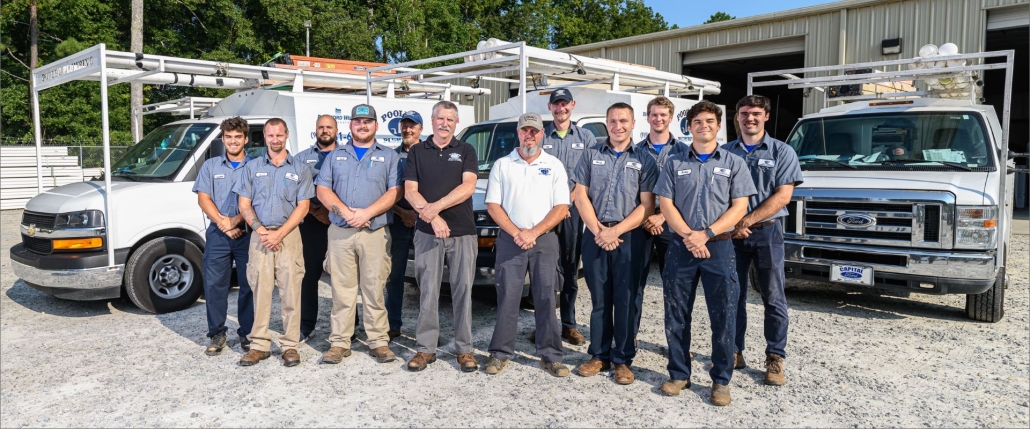
Don't Wait: Schedule Your Spring Inspection Today!
Preparing your plumbing system for the warmer months is an investment in your home and your peace of mind. You'll save time, money, and stress by addressing potential issues now.
Our team at Pooles Plumbing is standing by to help. Whether you need a quick inspection or an entire system tune-up, we're here to deliver the professional, reliable service you deserve.
Call us today or visit www.poolesplumbing.com to schedule your spring plumbing maintenance check-up.
Your plumbing system works hard for you year-round—give it the care it deserves this spring! Check out our Google Reviews to learn why we say, "Plumbing done right the first time!"


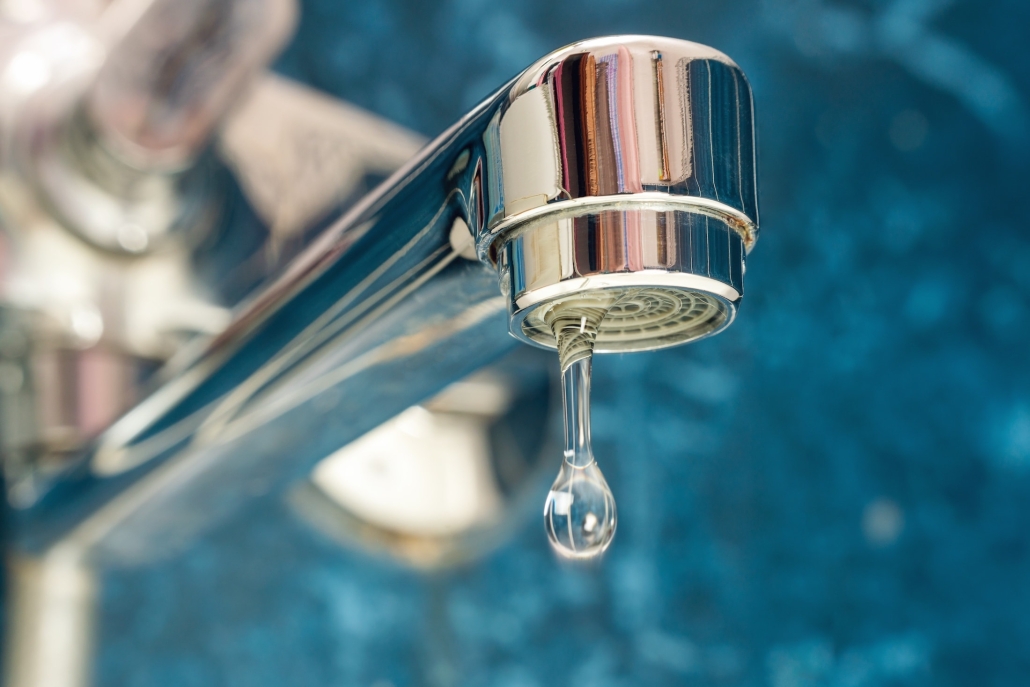
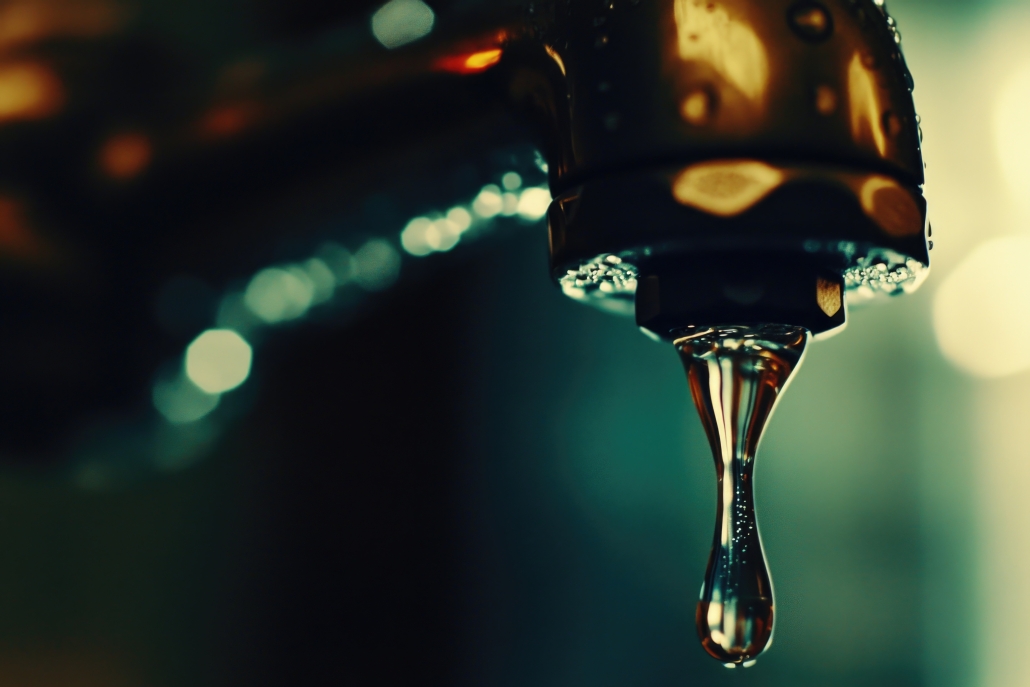 How Much Water Does a Leaky Faucet Waste?
How Much Water Does a Leaky Faucet Waste?
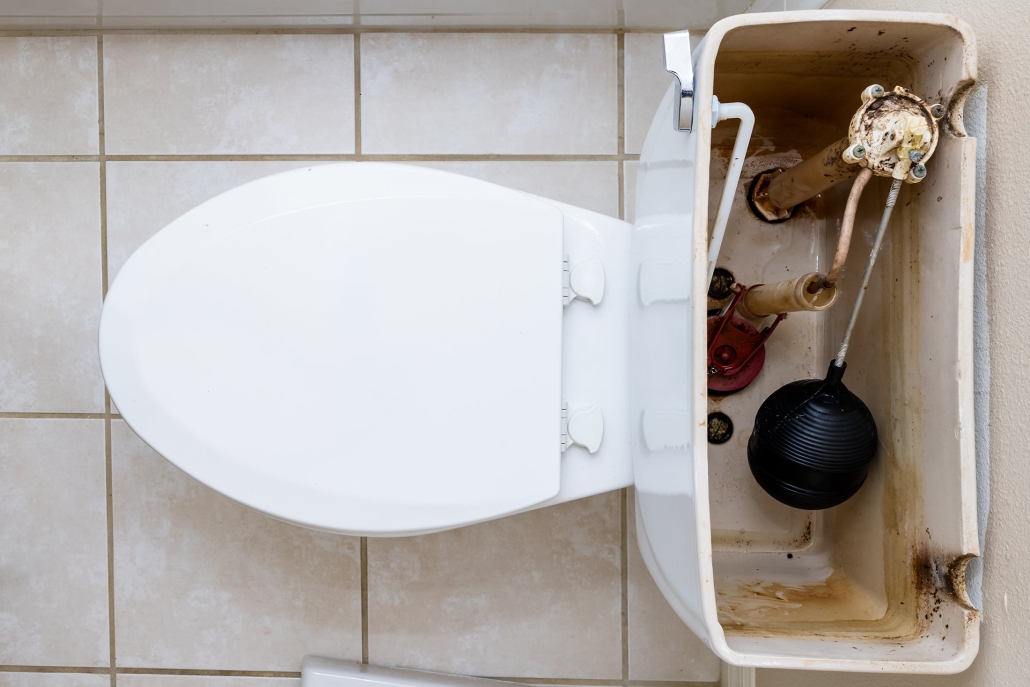
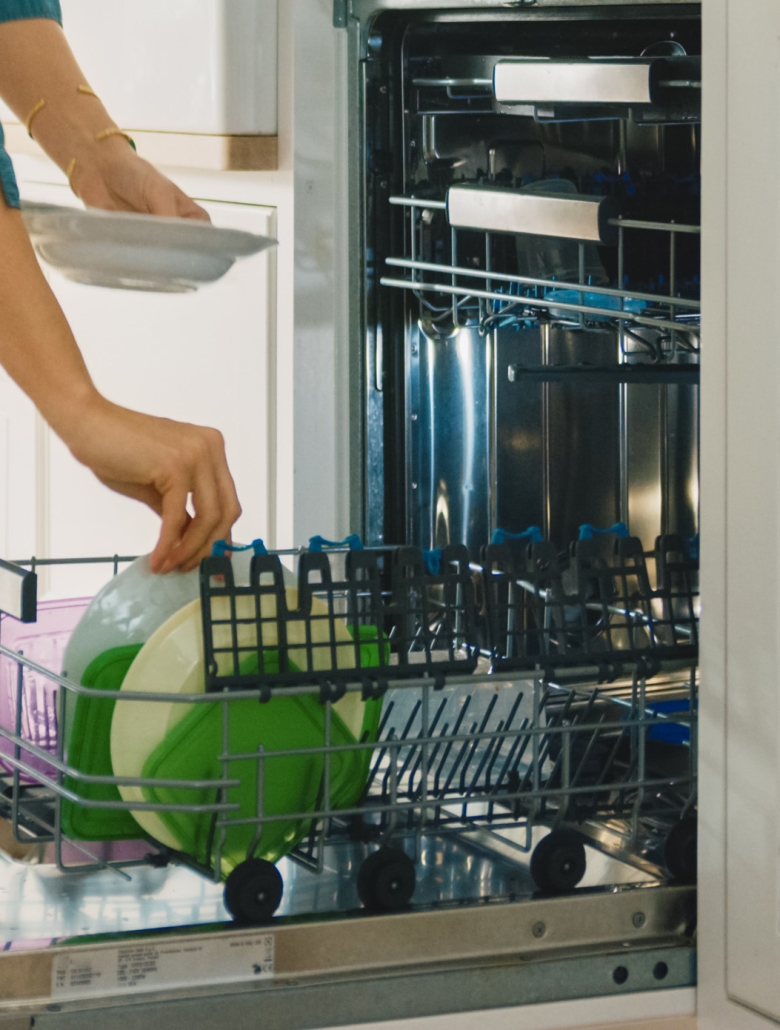
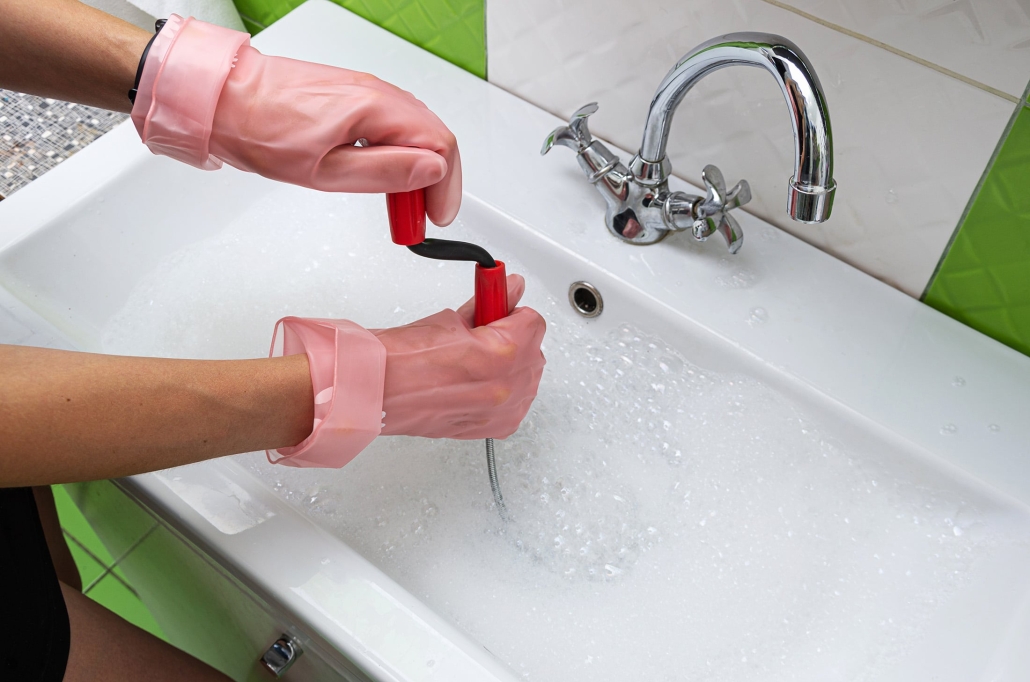
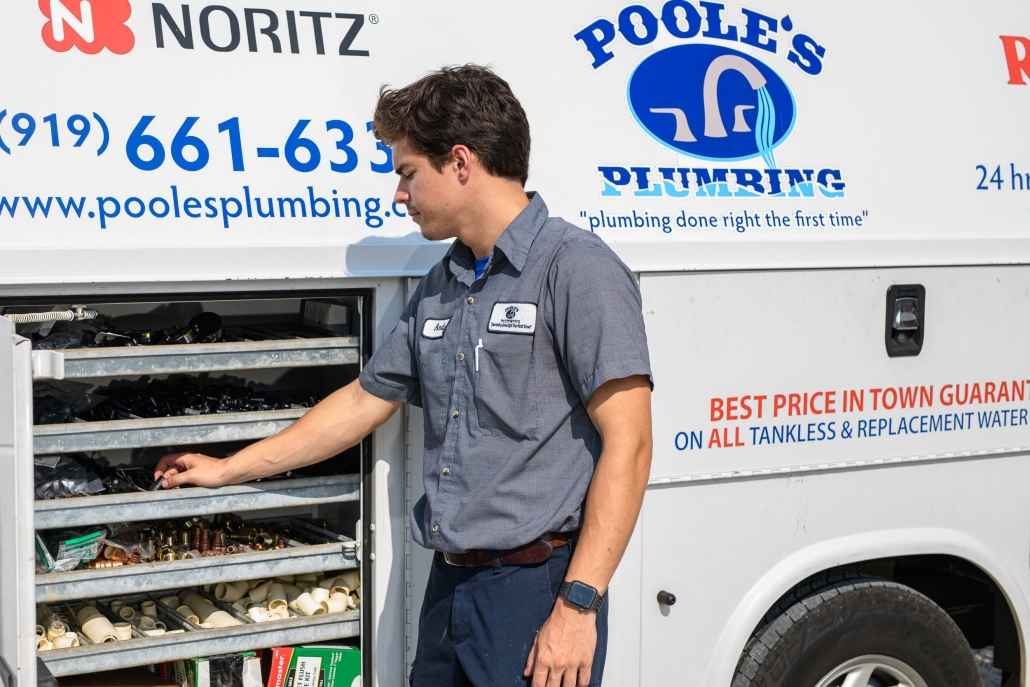
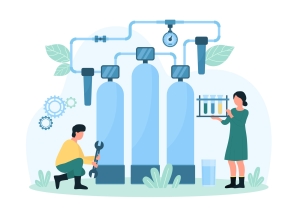

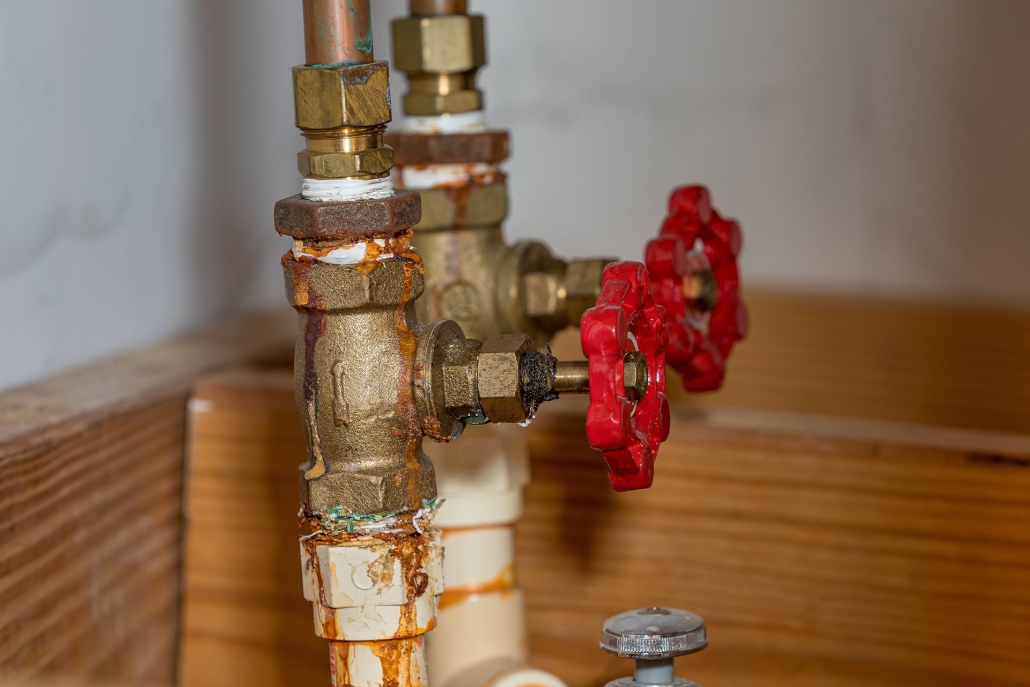
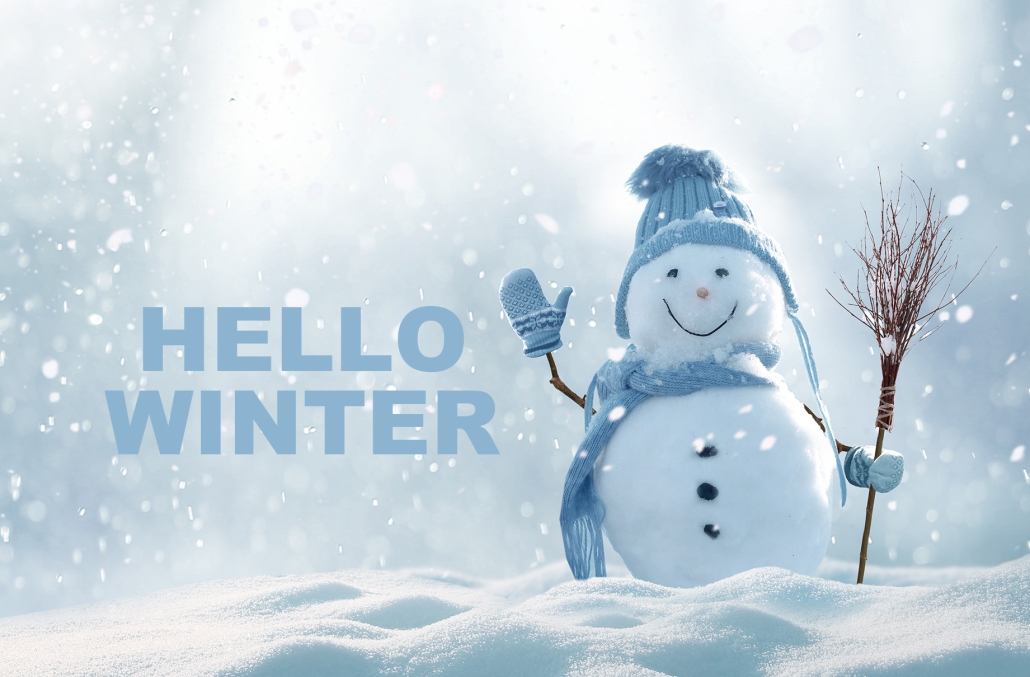
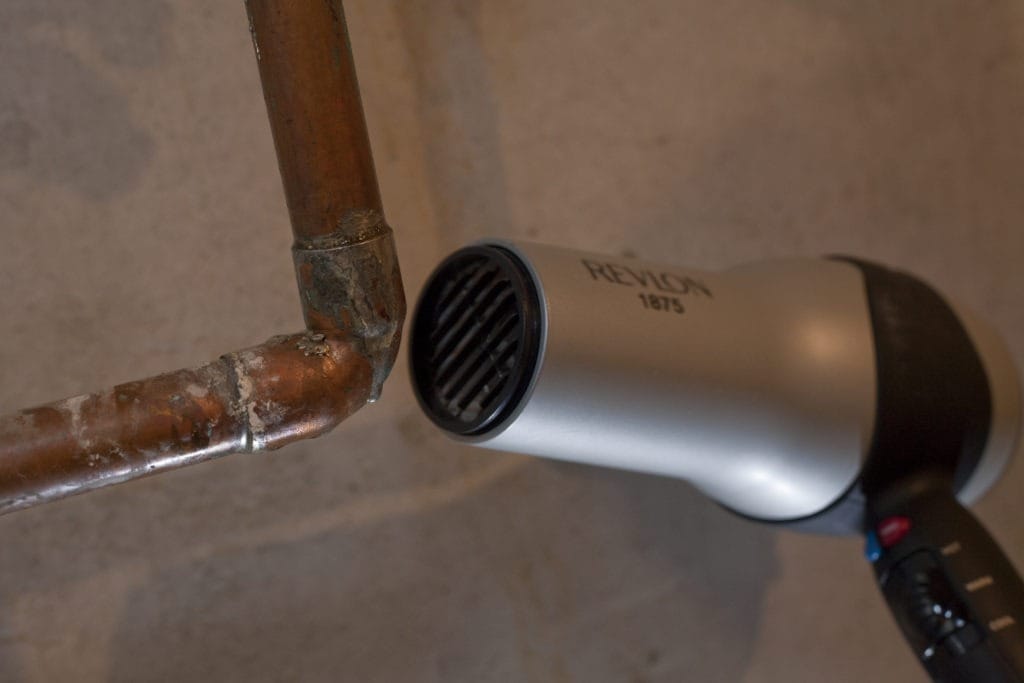

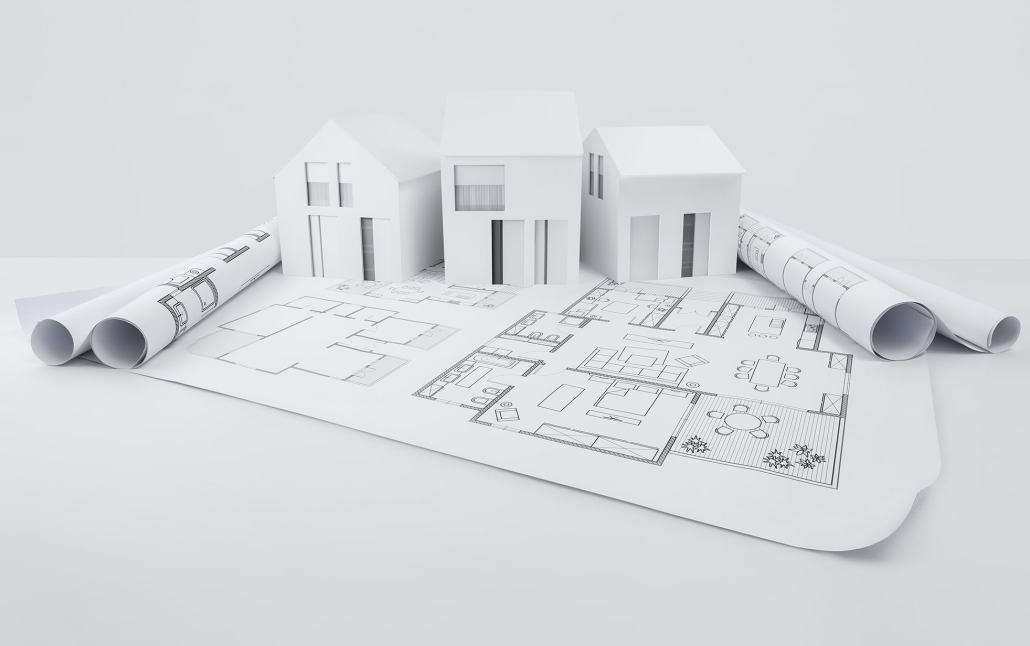
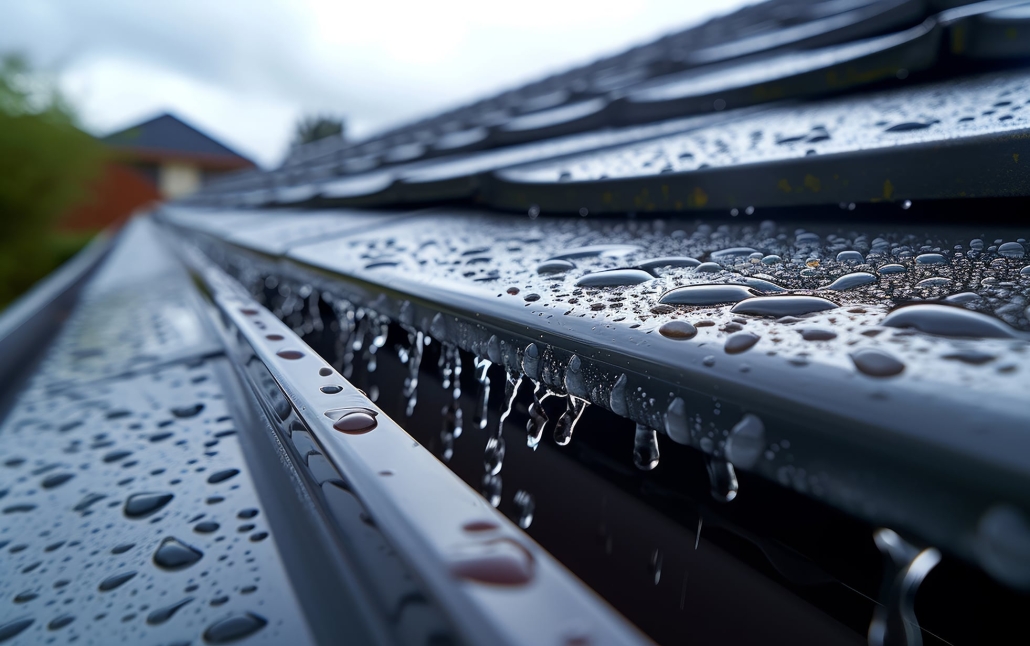
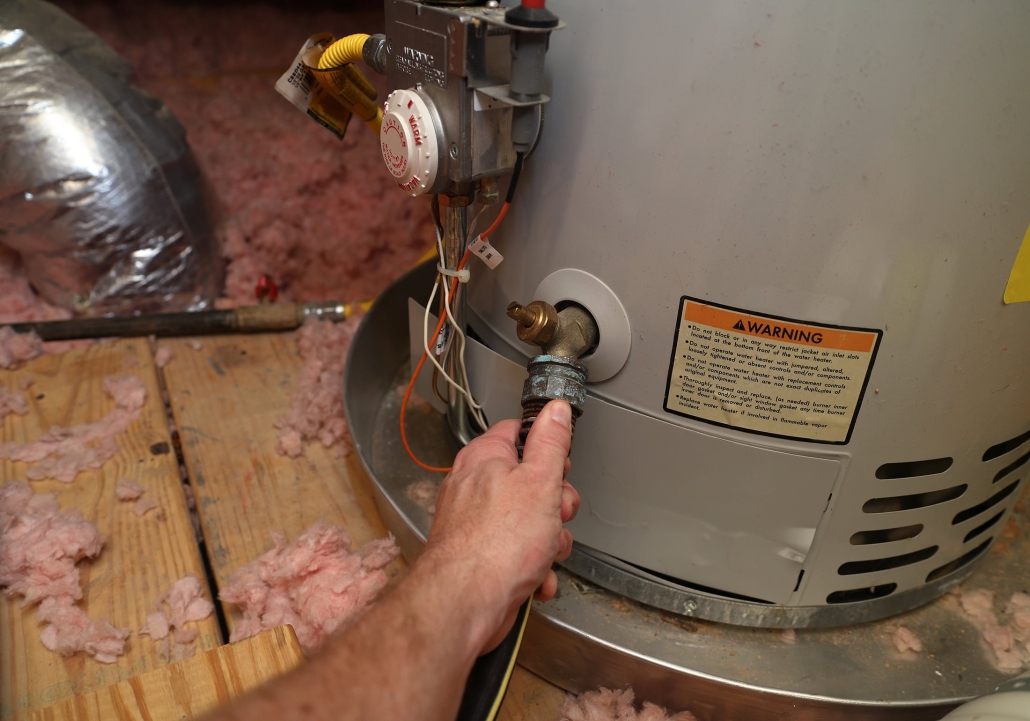
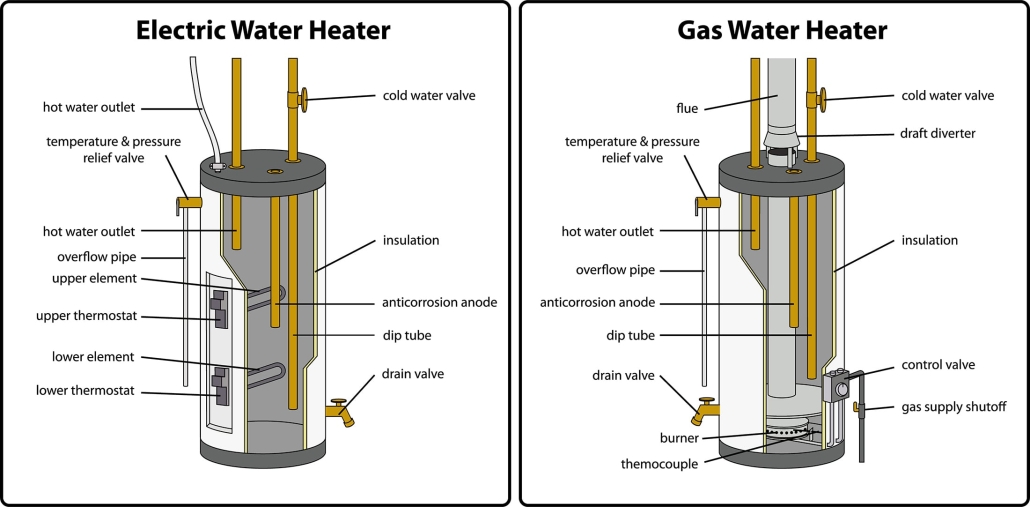
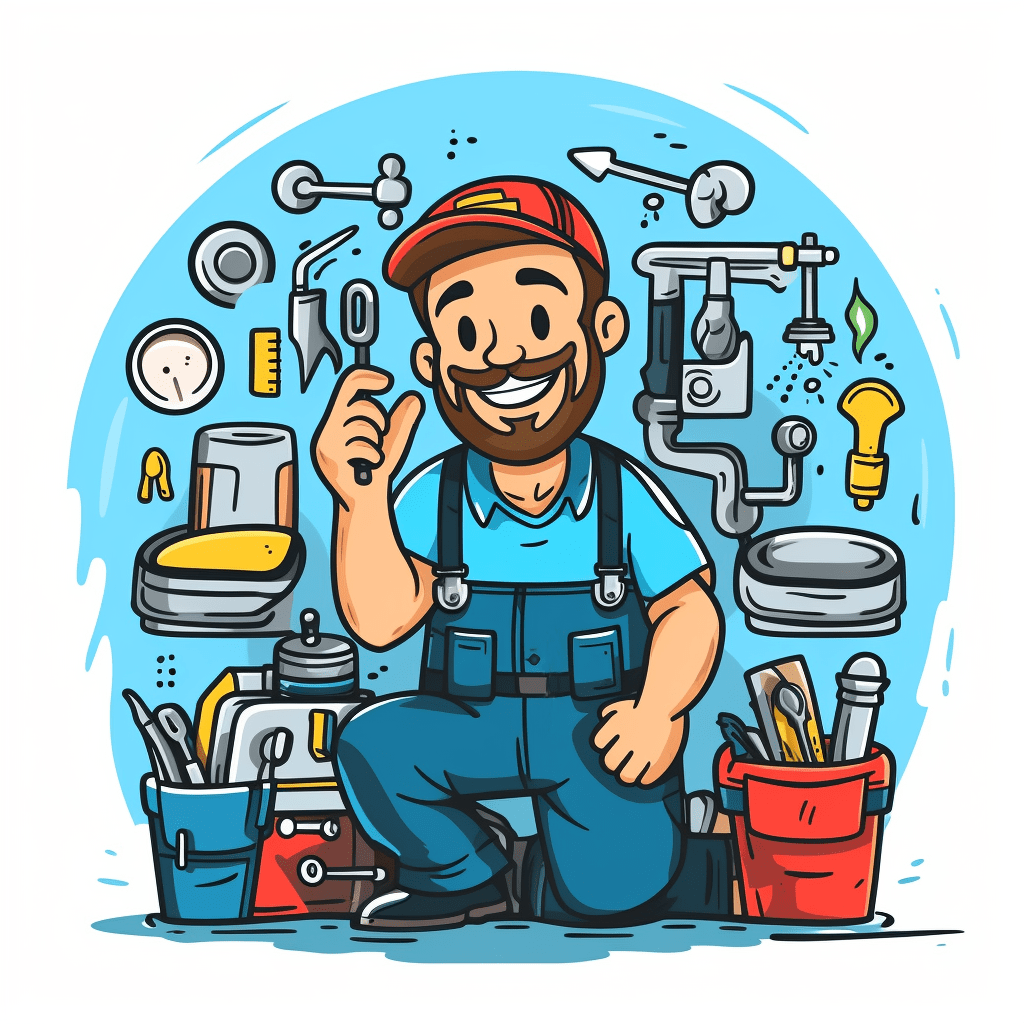
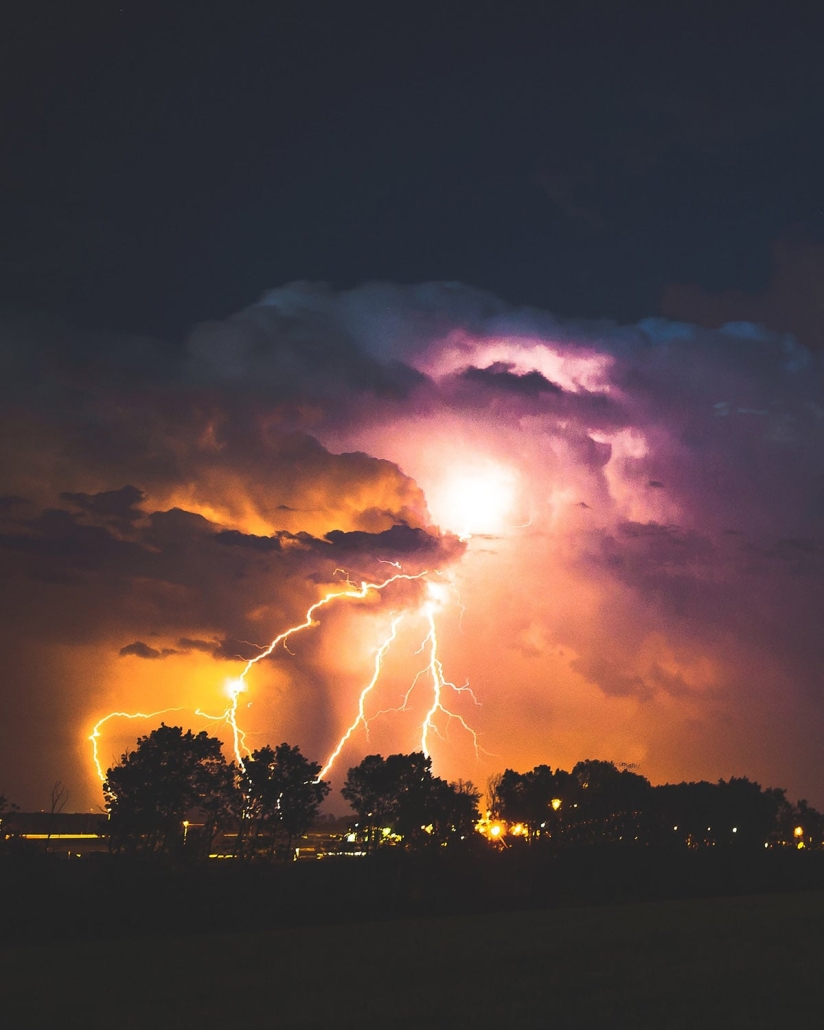
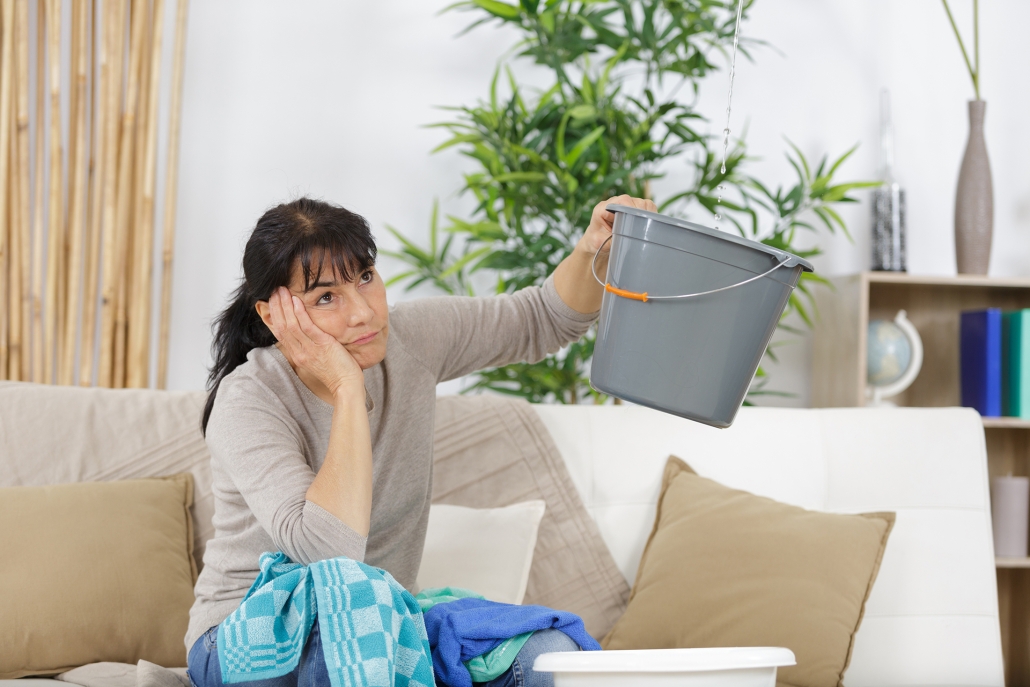
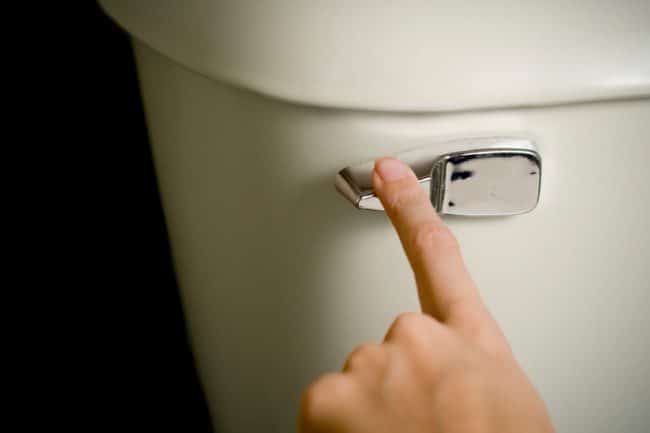
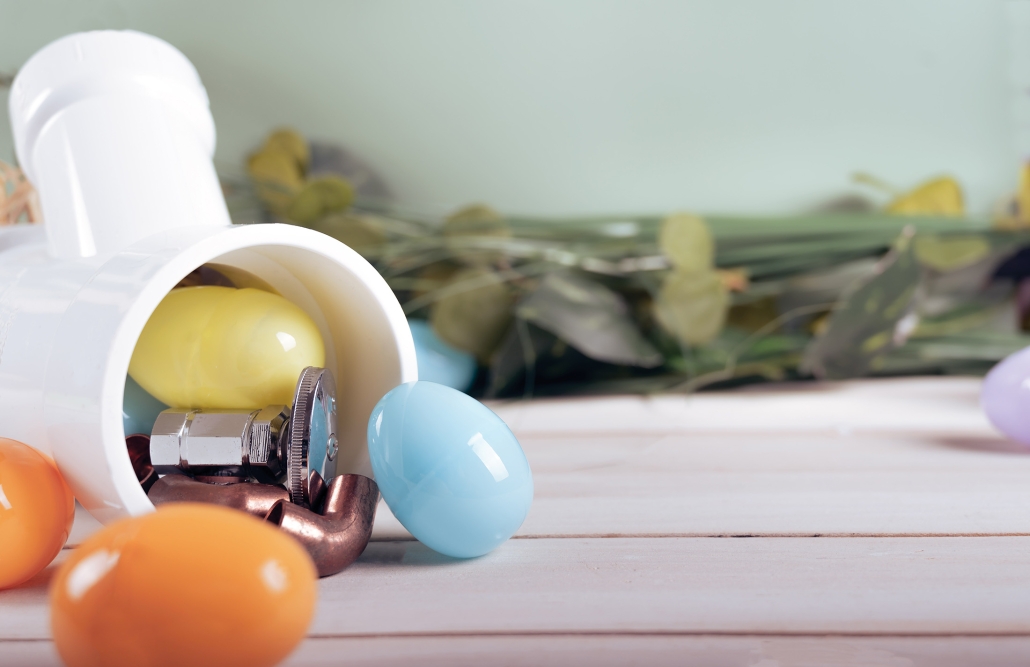
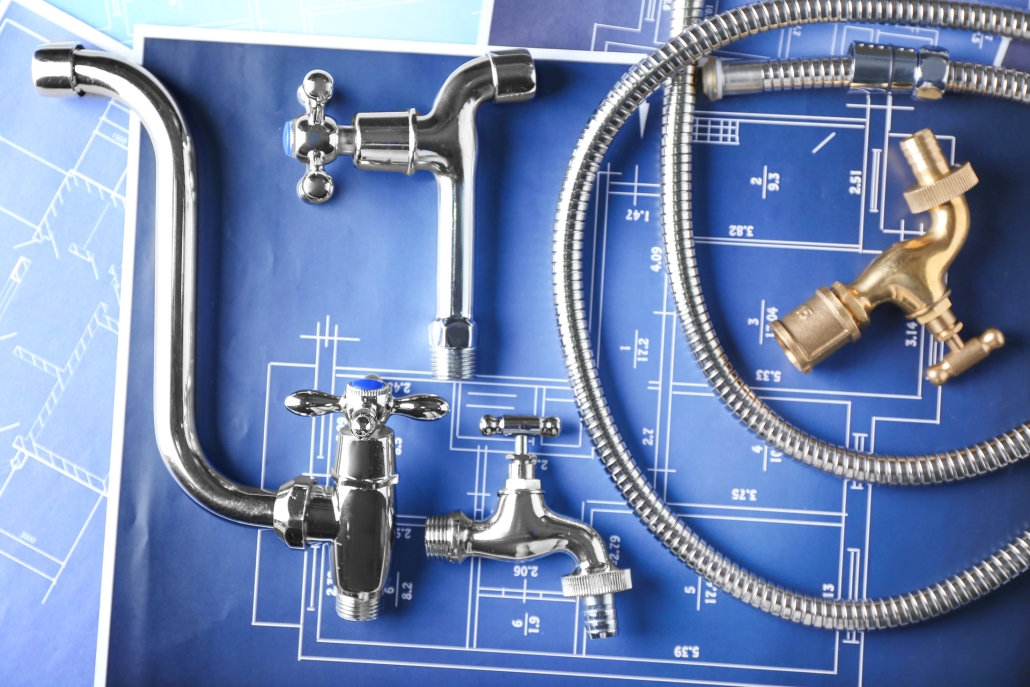
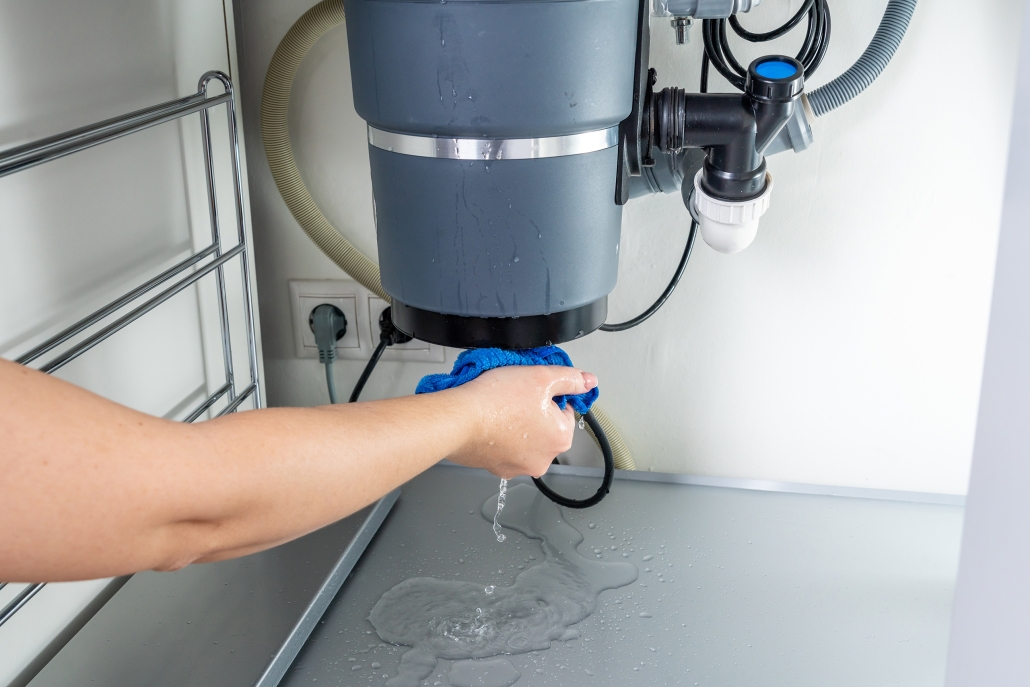
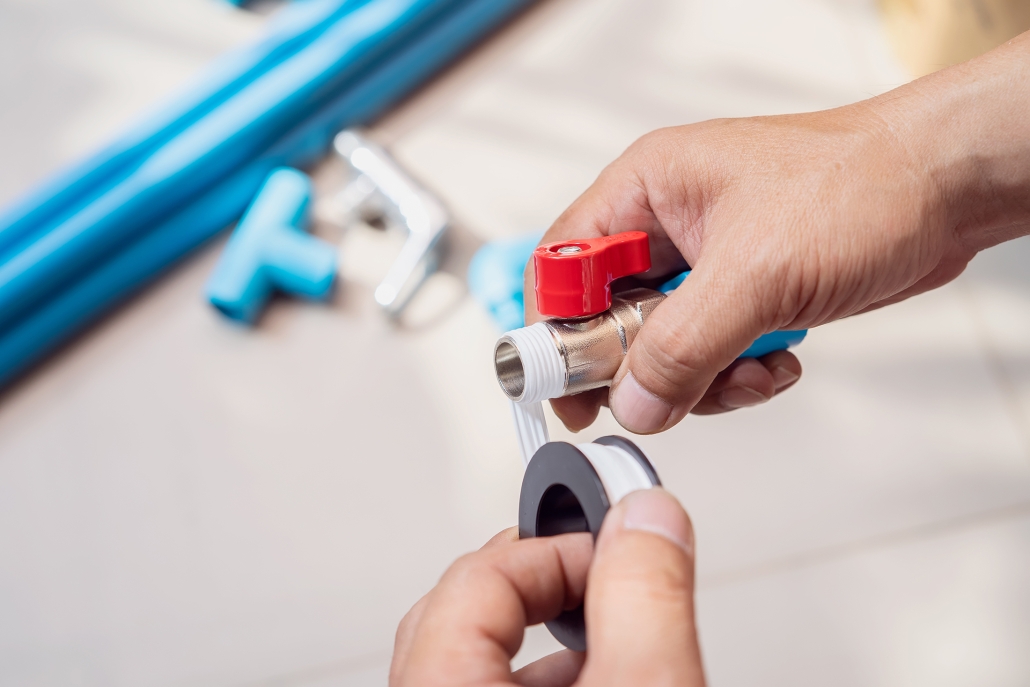

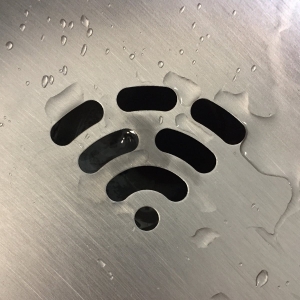
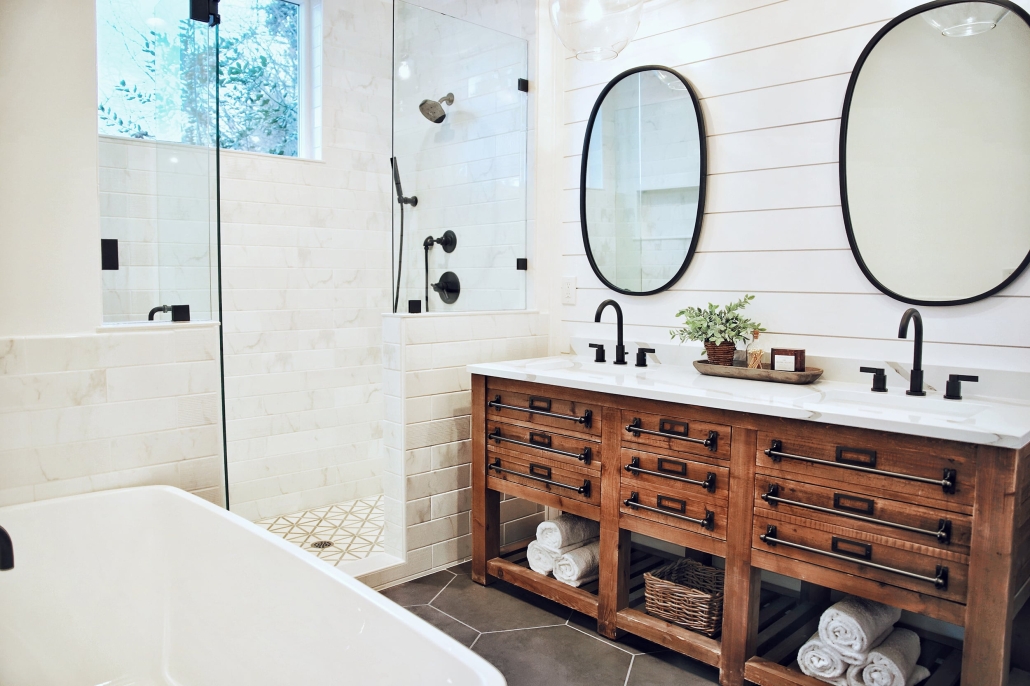
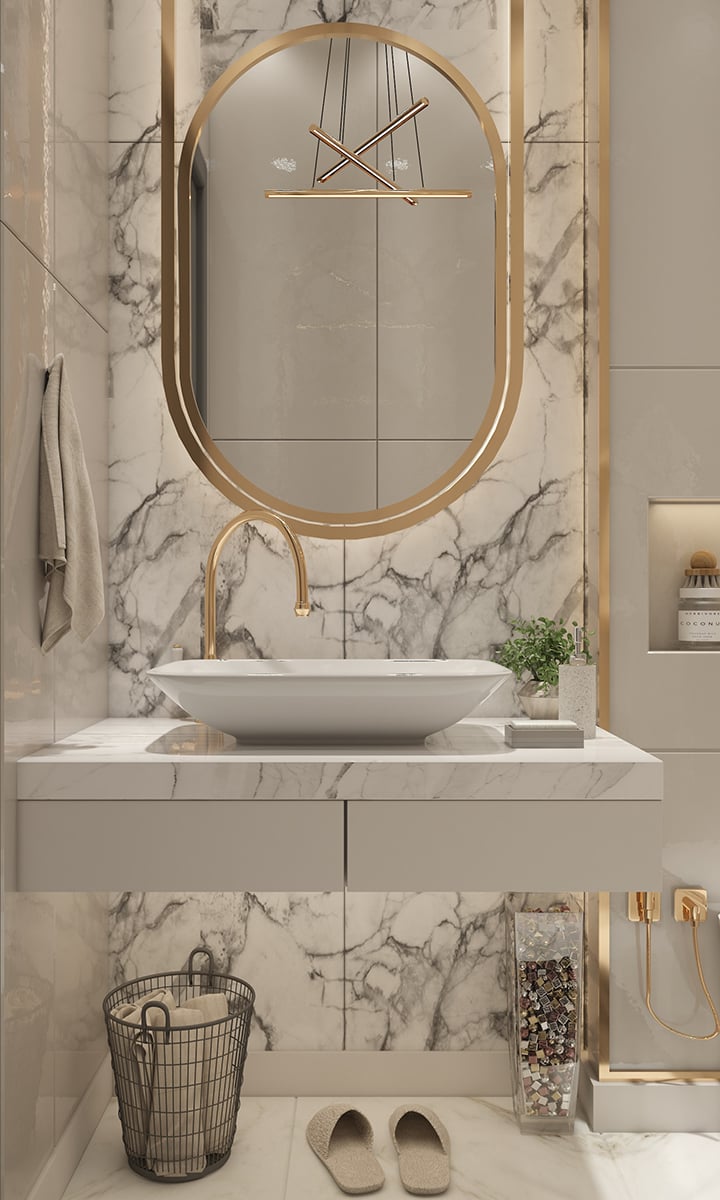 Important Tips
Important Tips